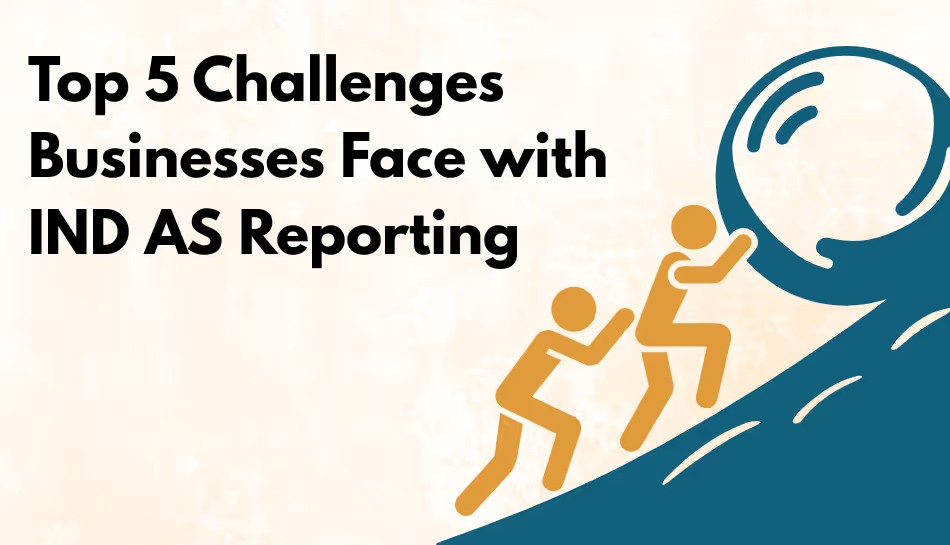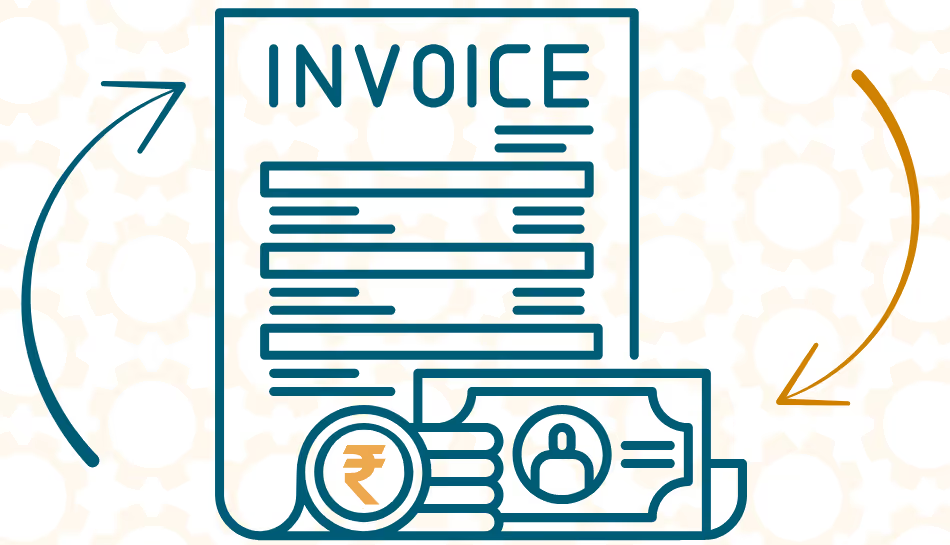The adoption of Indian Accounting Standards (IND AS) has brought Indian businesses closer to international reporting practices. While the move aligns companies with global standards and enhances transparency, the transition is not without hurdles. Many organizations find themselves grappling with complex requirements, resource limitations, and new compliance demands.
In this article, we’ll explore the top challenges faced by businesses with IND AS financial reporting and the common issues in IND AS reporting for Indian businesses that leaders should be aware of.
1. Complexity in Transitioning from Previous Standards
One of the most pressing challenges businesses face is moving from the previous accounting framework (Indian GAAP) to IND AS. The transition involves:
- Reclassifying financial items to align with new requirements.
- Adjusting opening balances and retained earnings.
- Understanding and applying new measurement methods for assets and liabilities.
For many businesses, particularly mid-sized firms, the complexity of restating financial statements and ensuring accuracy during this transition can be overwhelming.
2. Resource and Expertise Limitations
IND AS reporting requires specialized knowledge in accounting, valuation, and compliance. Smaller organizations often lack in-house expertise to interpret complex standards such as financial instruments, revenue recognition, and fair value measurements.
The absence of qualified professionals leads to dependency on external consultants, which increases costs and may still not guarantee seamless compliance. This skill gap is one of the common issues in IND AS reporting for Indian businesses today.
3. Valuation and Fair Value Measurement Challenges
Unlike the traditional cost-based approach, IND AS emphasizes fair value measurement. This requires businesses to regularly assess and report the fair value of assets and liabilities. The challenges include:
- Access to reliable market data for valuations.
- Subjectivity in estimating fair value, leading to inconsistent reporting.
- Higher costs in hiring valuation specialists.
These challenges are particularly significant for companies with complex structures or diverse asset classes.
4. Technology and Systems Integration
Compliance with IND AS is not just about accounting practices, it also demands technology-driven financial systems that can handle advanced reporting requirements. Businesses often face issues such as:
- Legacy systems not equipped to support IND AS formats.
- Difficulty in integrating enterprise resource planning (ERP) or accounting software with new compliance modules.
- Manual intervention leading to reporting delays and higher risk of errors.
Without investing in modern accounting or ERP systems, organizations may struggle to ensure timely and accurate IND AS reporting.
5. Impact on Business Decisions and Stakeholder Communication
Another significant challenge is that IND AS reporting can alter the way financial performance appears. For example:
- Revenue recognition rules may change profit timelines.
- Fair value adjustments can increase volatility in reported results.
- Leasing and financial instrument standards may impact debt-equity ratios.
This not only complicates internal decision-making but also affects communication with stakeholders, including investors, lenders, and regulators. Businesses need to explain changes clearly to avoid misinterpretation of financial health.
Final Thoughts
While IND AS brings Indian companies in line with global practices, it introduces complexities that businesses cannot ignore. From the top challenges faced by businesses with IND AS financial reporting such as transitioning from old standards, resource shortages, and valuation difficulties, to the common issues in IND AS reporting for Indian businesses like technology integration and stakeholder communication, the road is demanding but necessary.
Organizations that proactively invest in skilled professionals, reliable valuation methods, and robust financial systems will not only overcome these hurdles but also strengthen their credibility in global markets.



